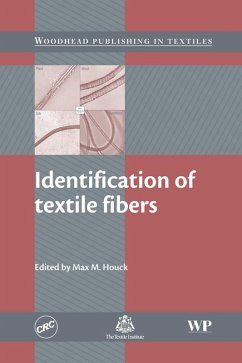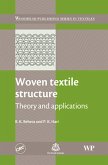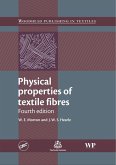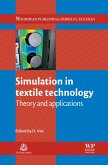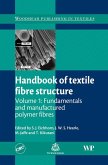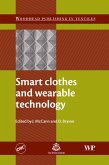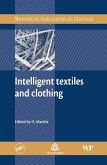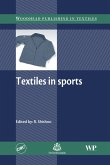The identification of fibers is important to the textile industry, forensic science, fashion designers and historians among others. Identifying fibers involves observing the physical and chemical properties of the fiber for which there are a wide diversity of instruments available. This book provides a comprehensive review of fiber structure, the diversity of instruments available to identify fibers and applicications for a range of industries.
The first part of the book examines the main fibers, their structure and characteristics. Part two focuses on methods of fiber identification, ranging from microscopic to DNA analysis. Specific applications, including how textiles are identified in forensic investigations.
Identification of textile fibers is an important text for forensic scientists, police and lawyers who may be involved with the use of textile fibers to provide evidence in criminal cases. It will also be relevant for textile designers, technologists and inspectors wishing to assess fiber quality and understand fiber damage.
The first part of the book examines the main fibers, their structure and characteristics. Part two focuses on methods of fiber identification, ranging from microscopic to DNA analysis. Specific applications, including how textiles are identified in forensic investigations.
Identification of textile fibers is an important text for forensic scientists, police and lawyers who may be involved with the use of textile fibers to provide evidence in criminal cases. It will also be relevant for textile designers, technologists and inspectors wishing to assess fiber quality and understand fiber damage.
- Provides a comprehensive review of the main types of fibre together with their structure, characteristics and identification
- Assesses methods of fibre identification from optical microscopy to DNA analysis as well as instruments available to identify fibres
Dieser Download kann aus rechtlichen Gründen nur mit Rechnungsadresse in A, B, BG, CY, CZ, D, DK, EW, E, FIN, F, GR, HR, H, IRL, I, LT, L, LR, M, NL, PL, P, R, S, SLO, SK ausgeliefert werden.

